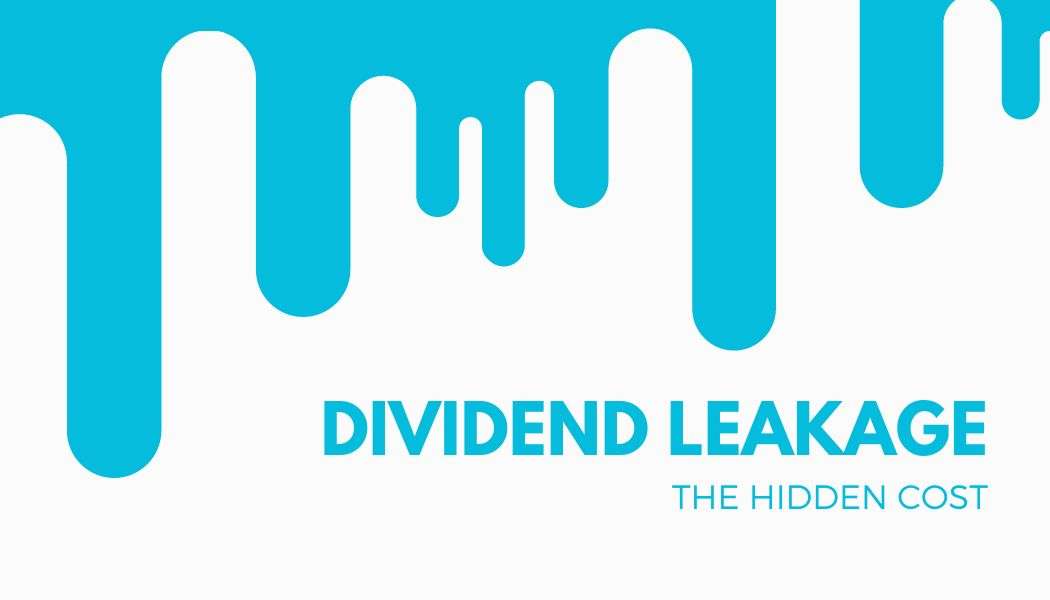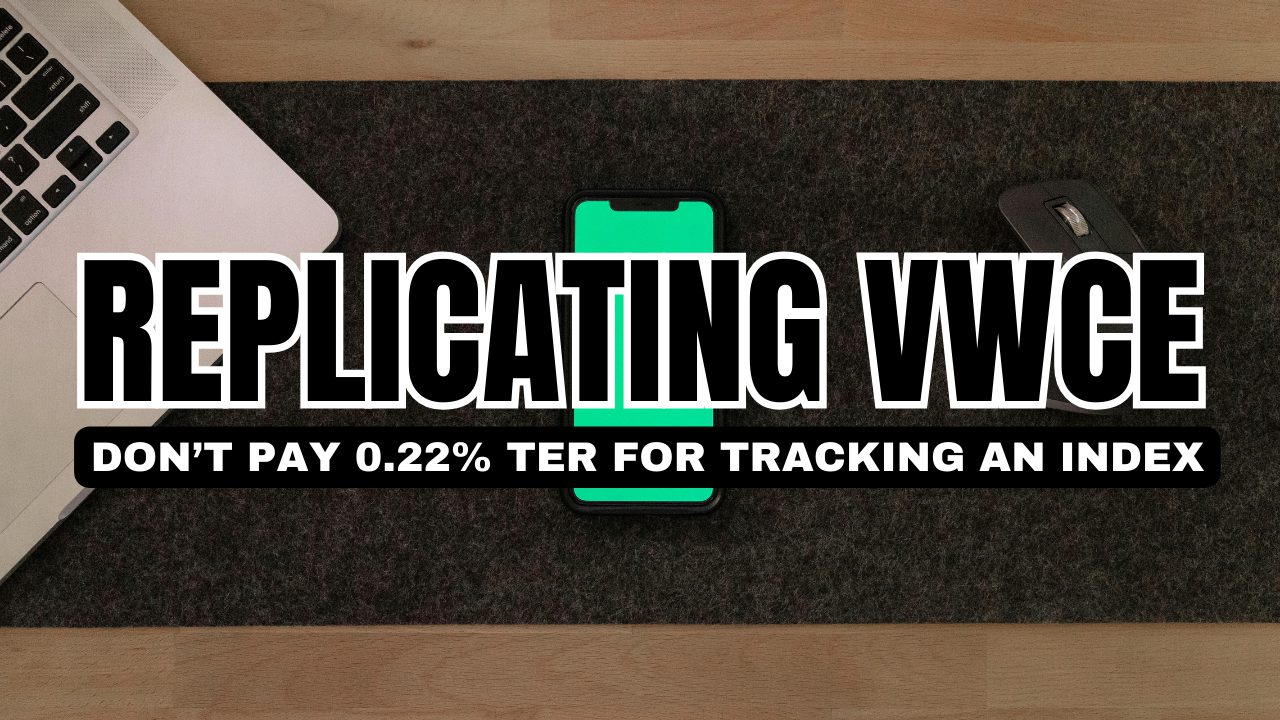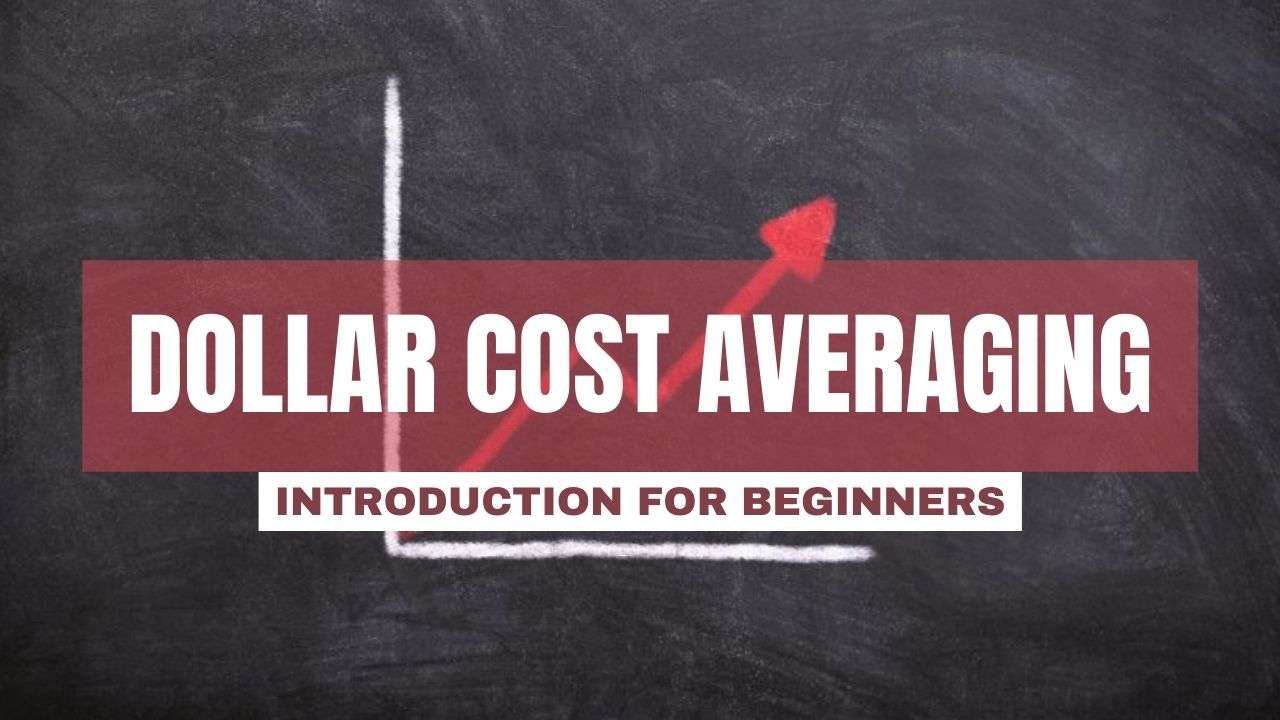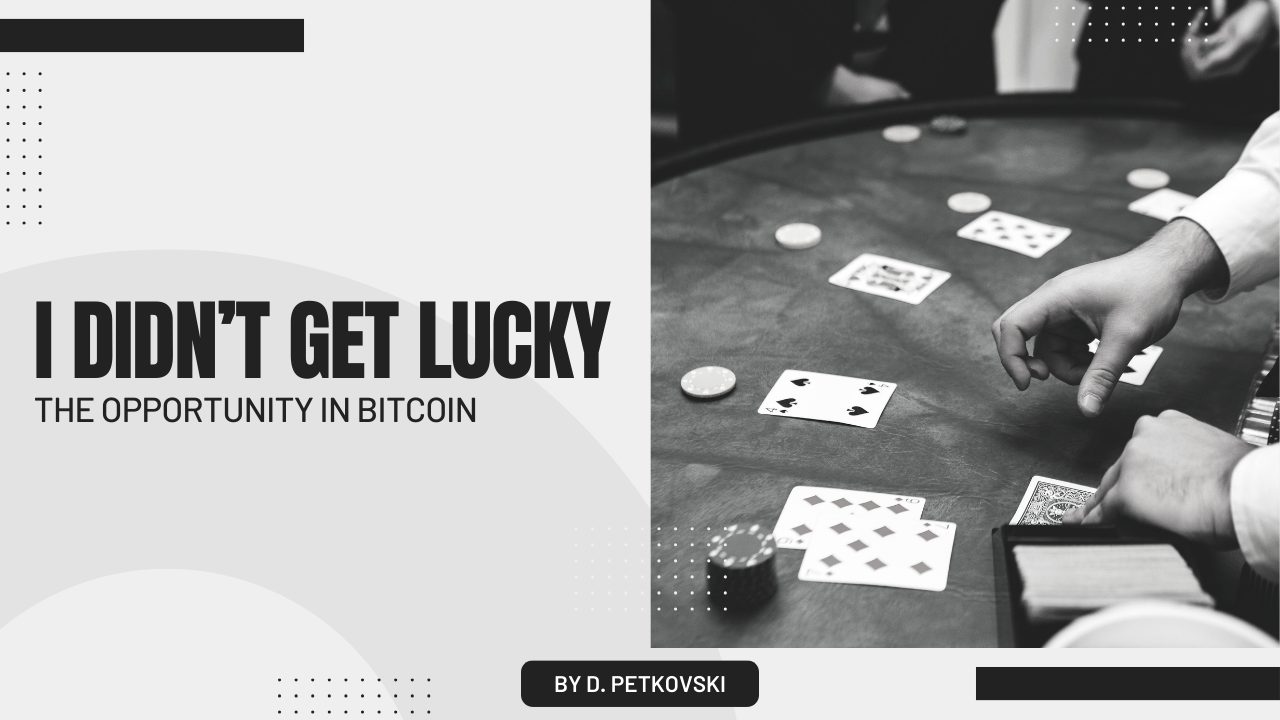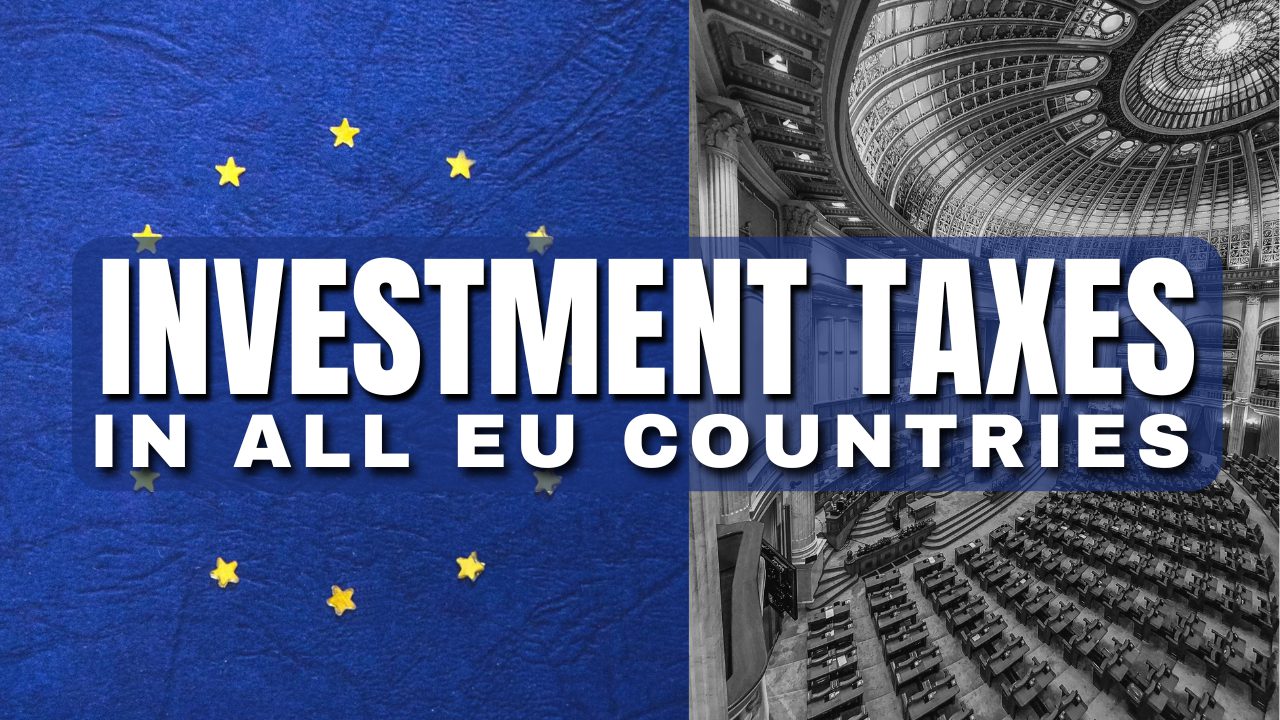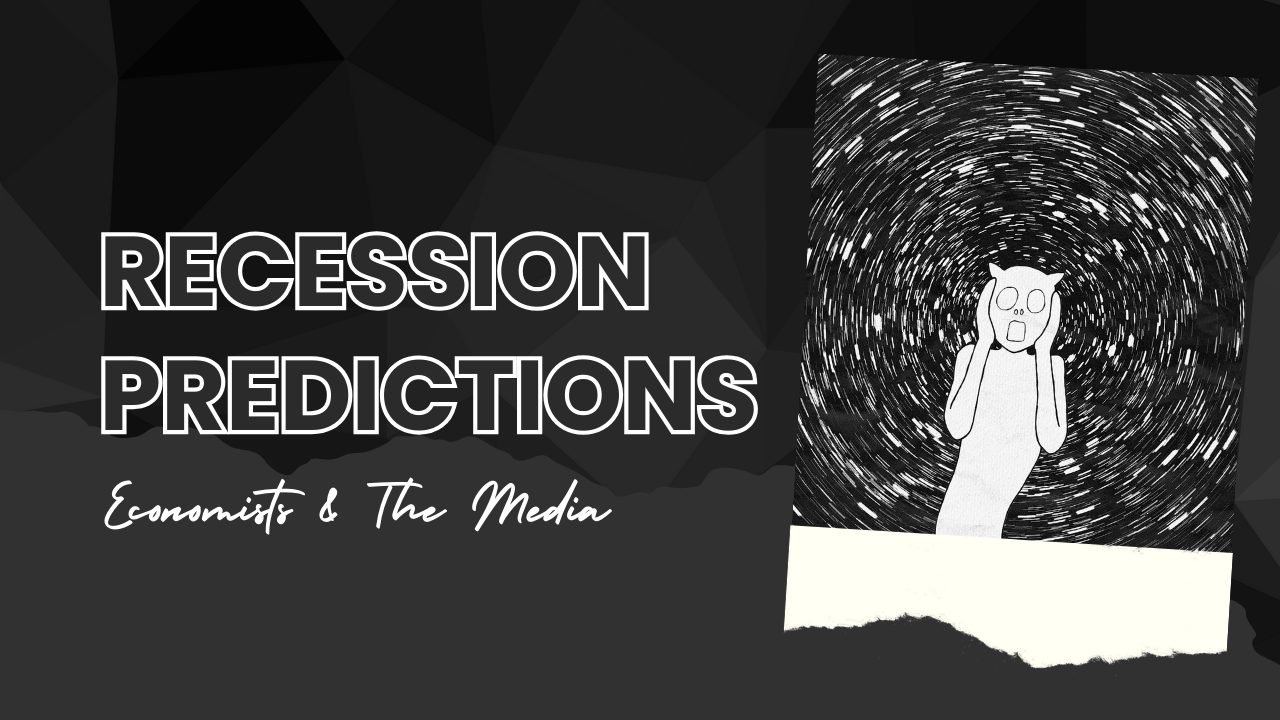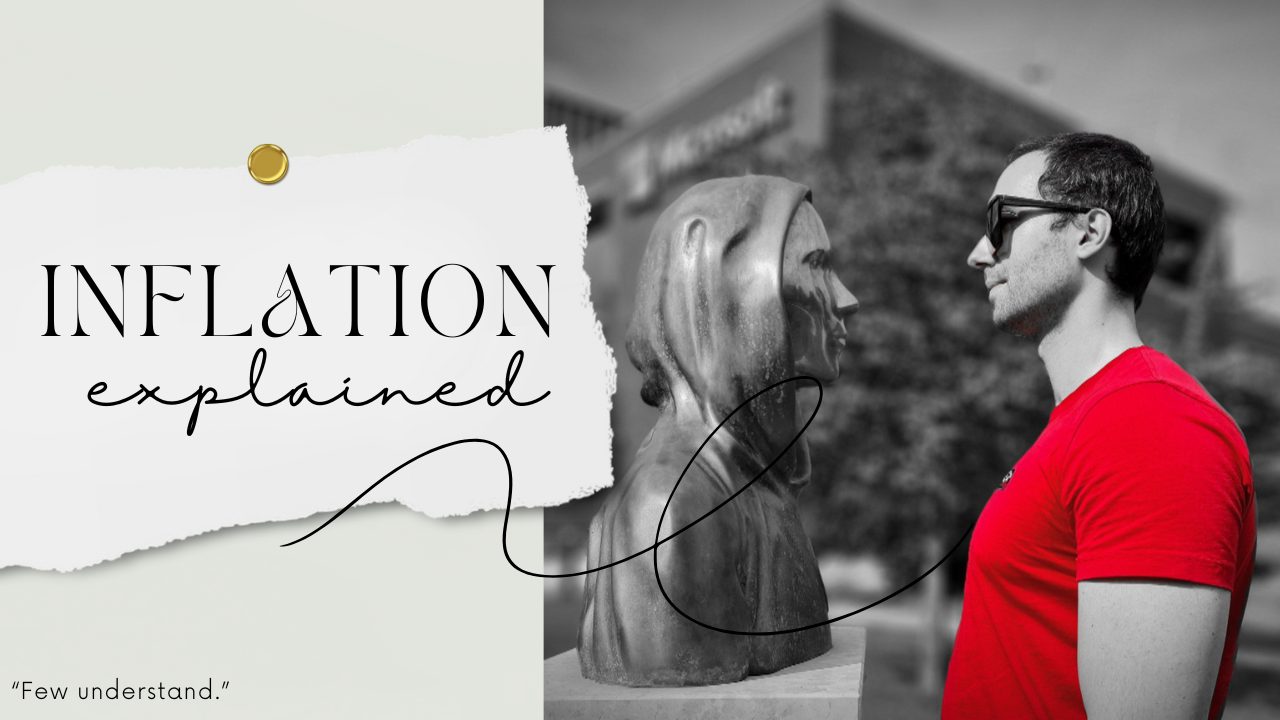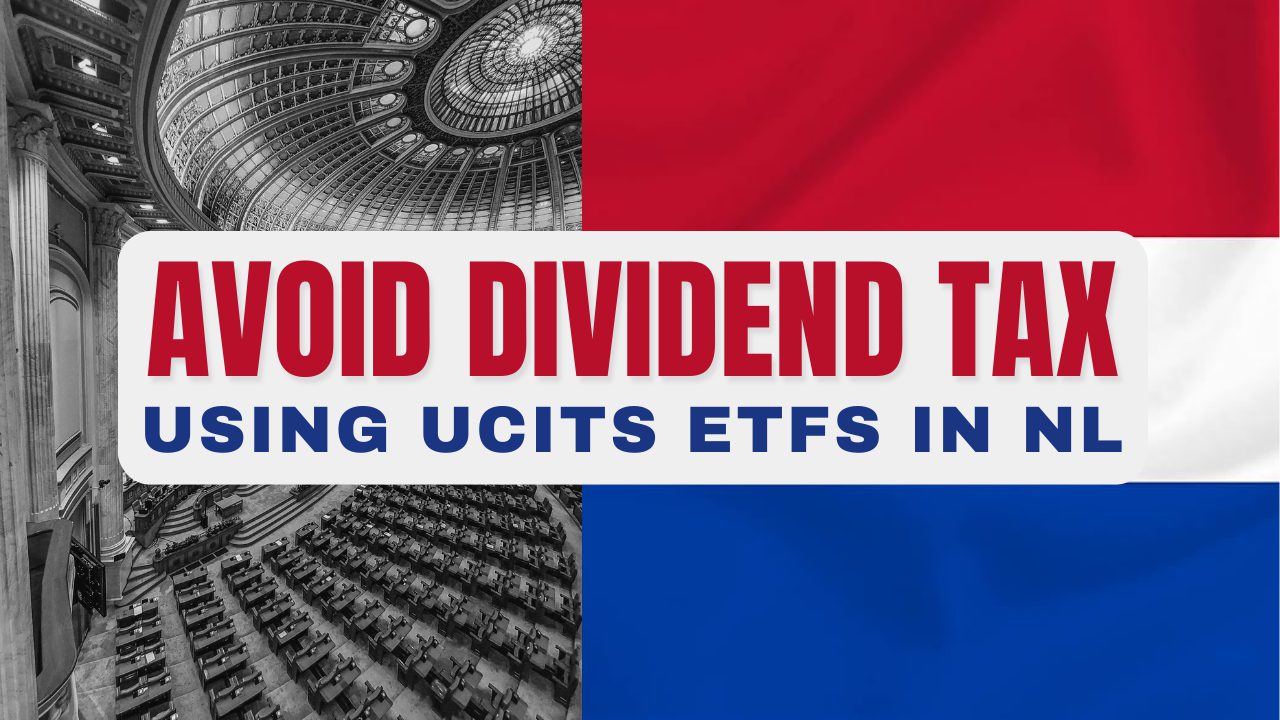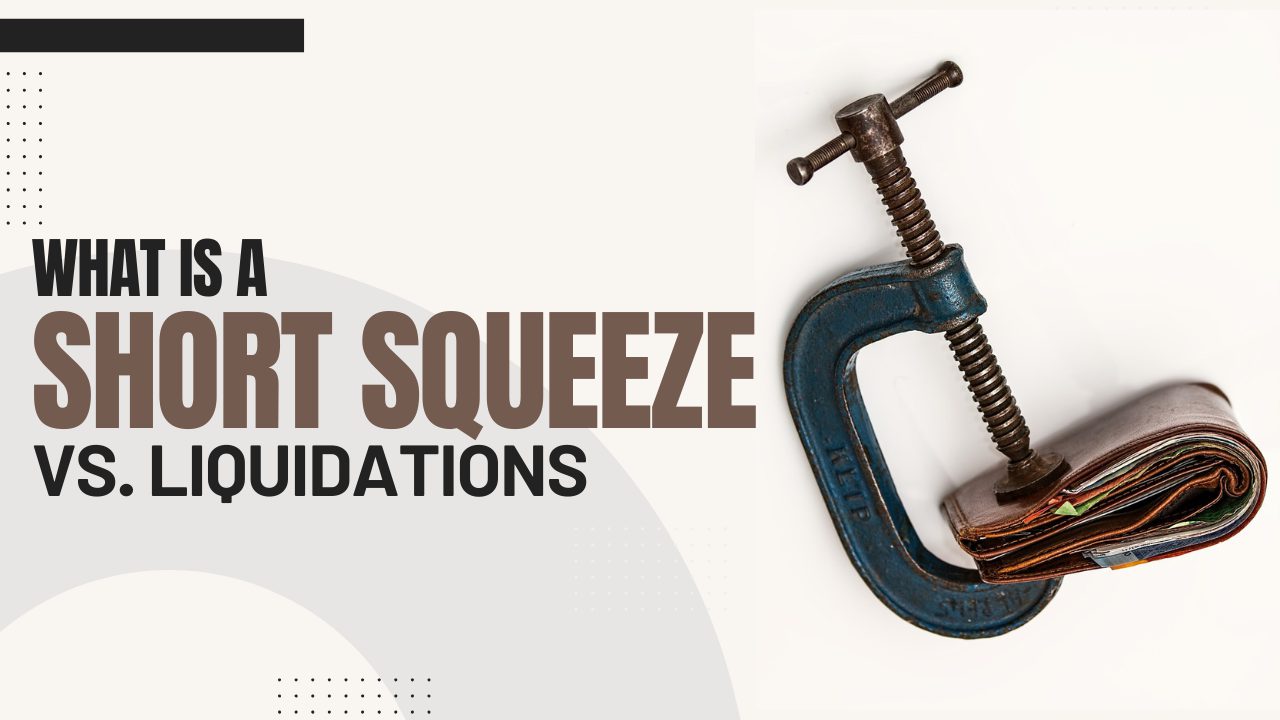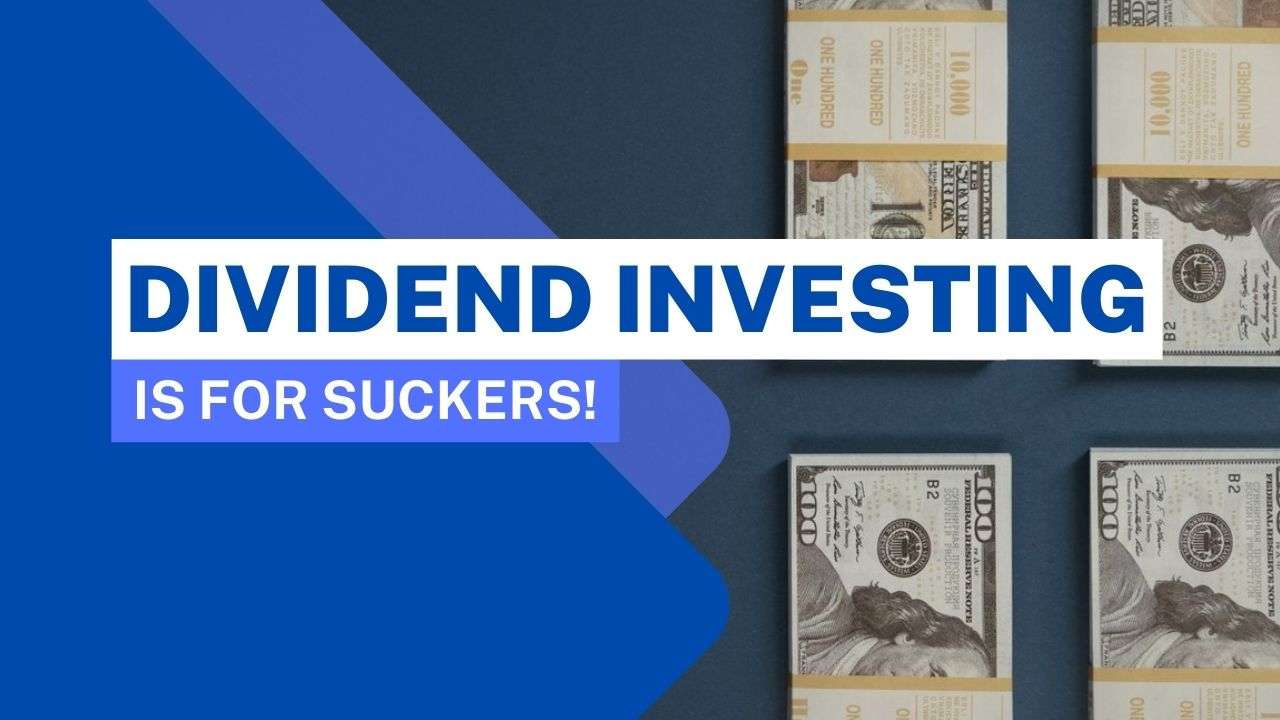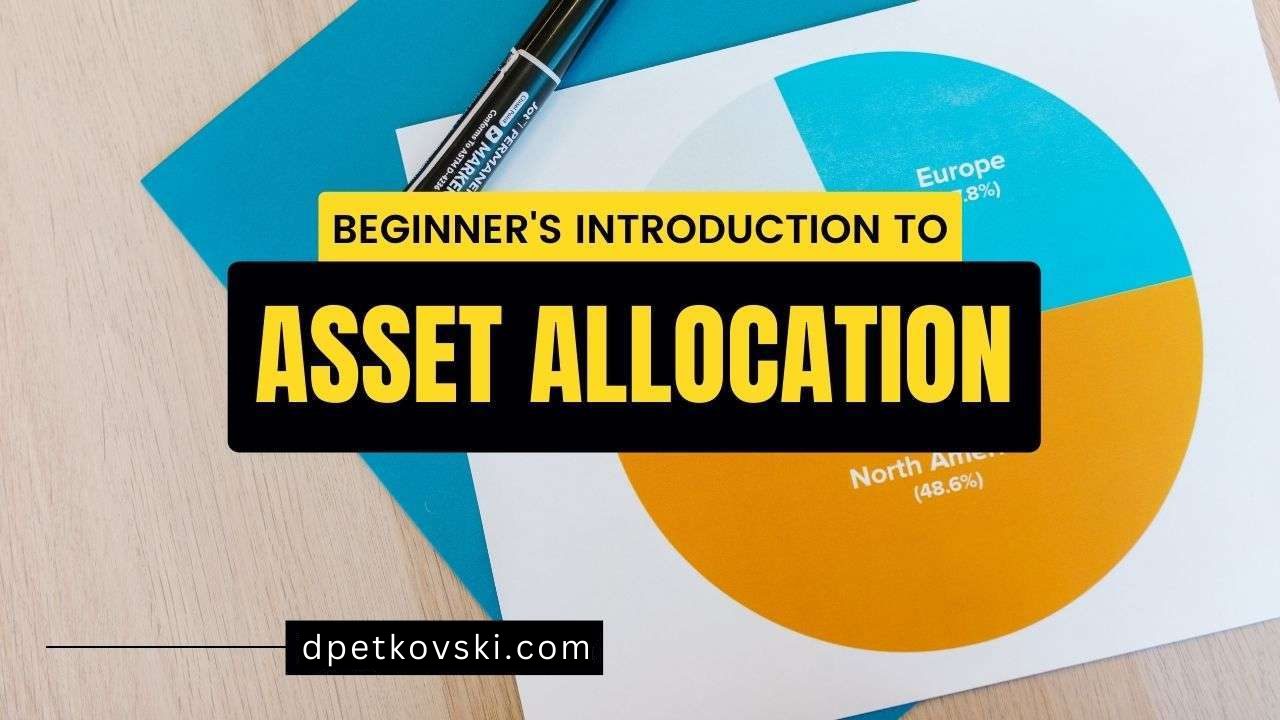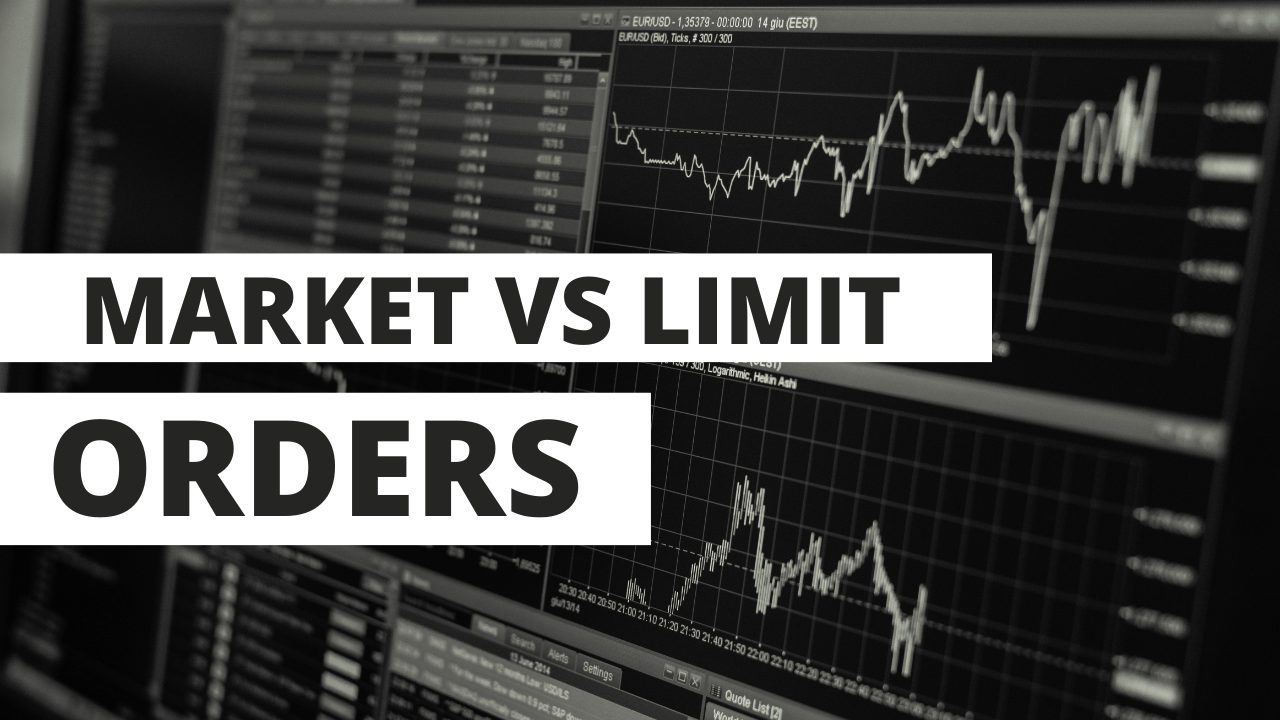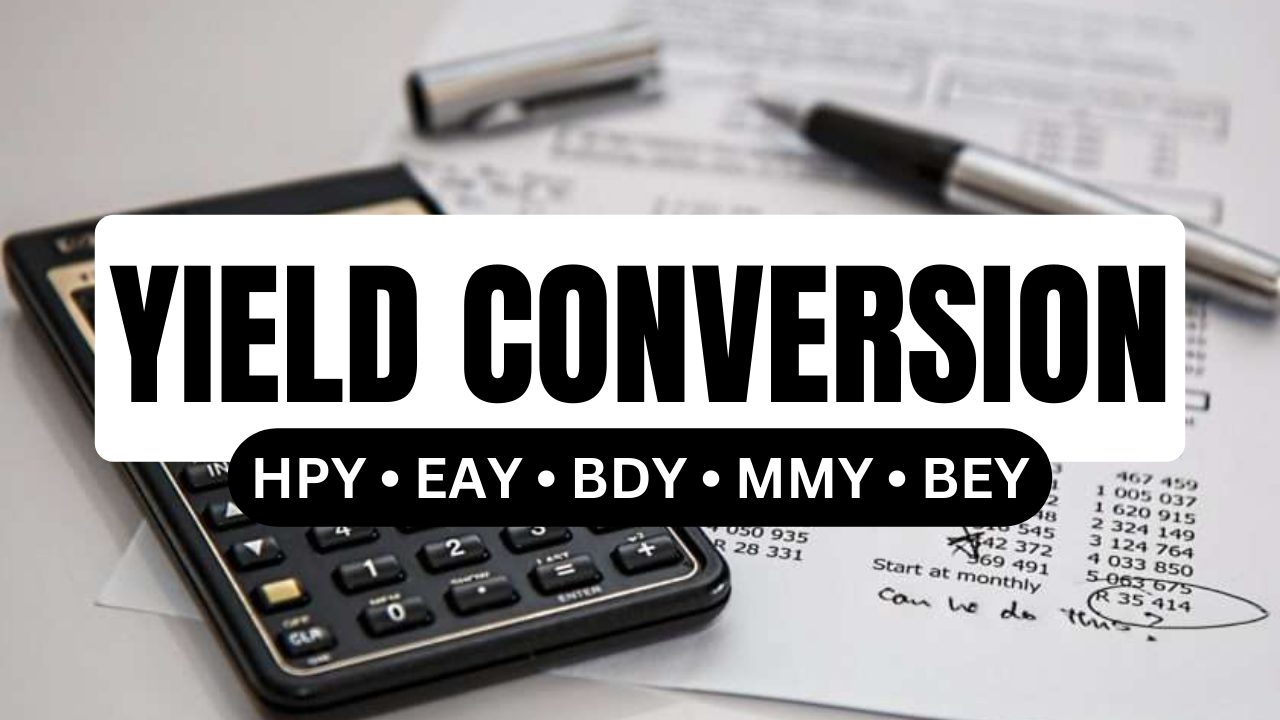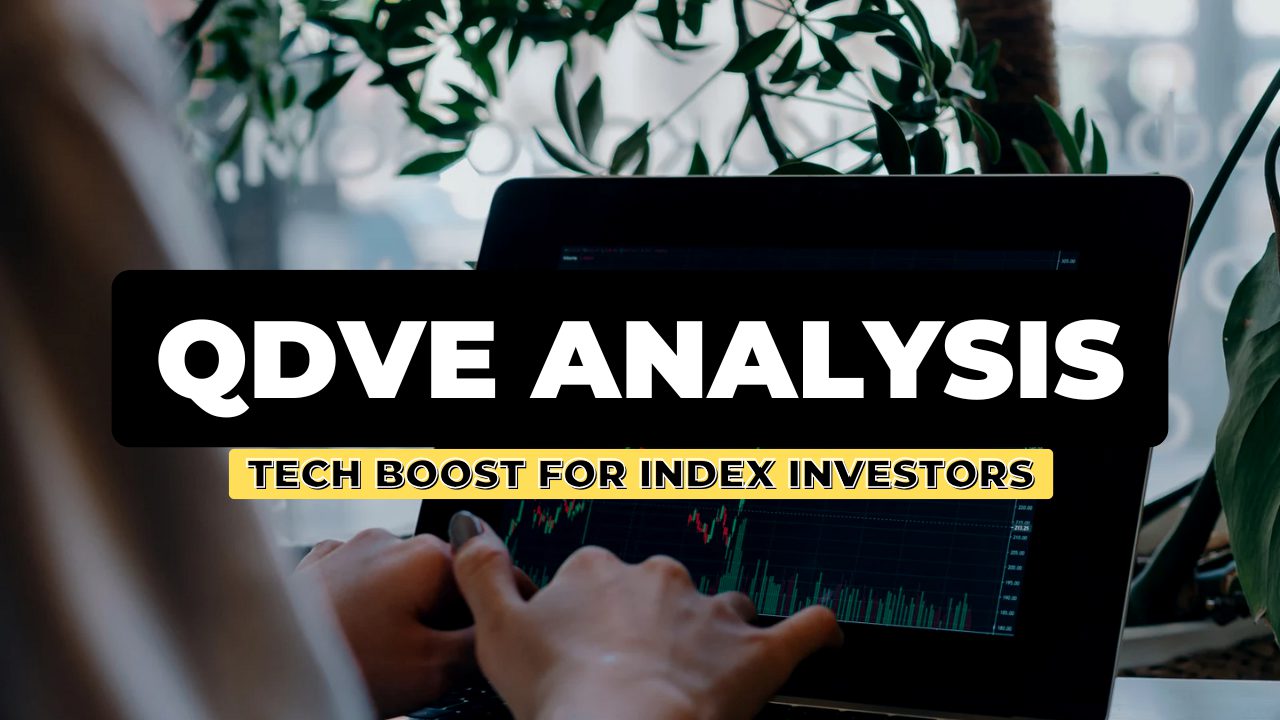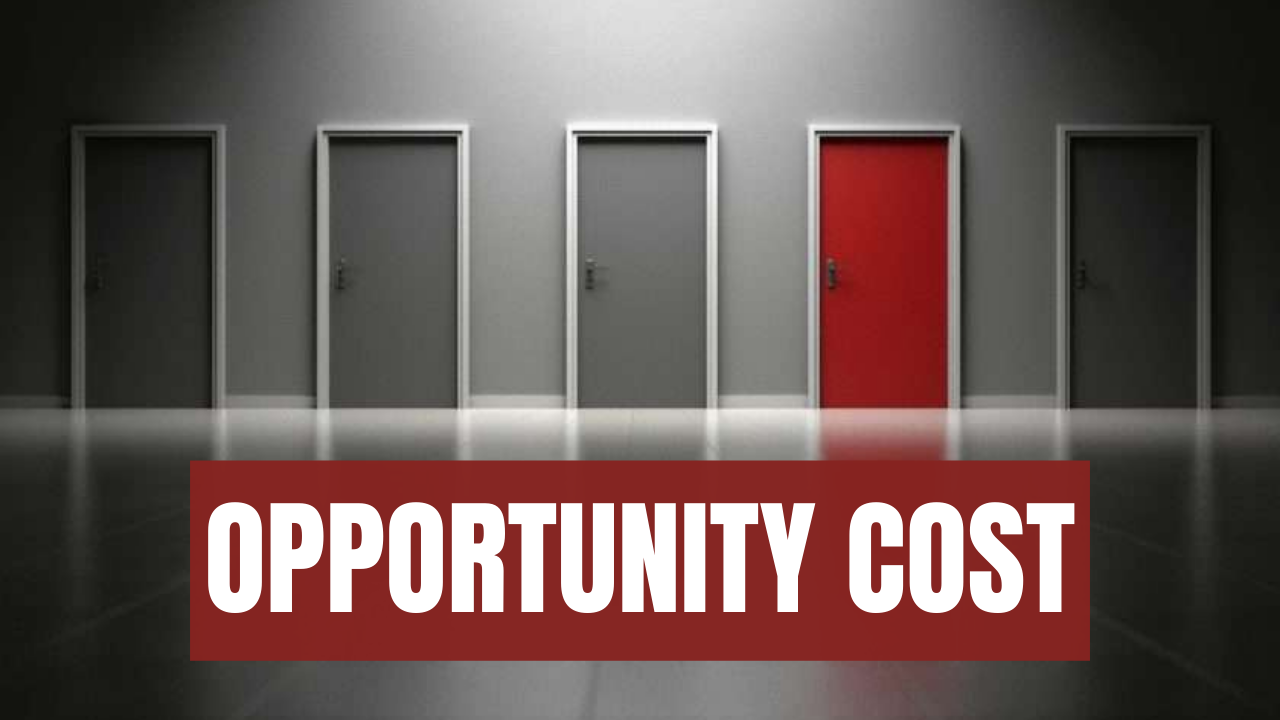
Opportunity Cost is the cost associated with foregone opportunities.
Most of the time when we make a decision, we pick one of multiple mutually exclusive options.
Although people usually consider the risks and returns of the chosen option, many tend to neglect the potential rewards of the alternatives. And it makes sense, as a person is not necessarily aware of all the opportunities he misses. But they still exist and are often overlooked.
Understanding the concept of taking things you don’t do into account will help you make better (financial) decisions.
Generally, the cost of a missed opportunity is the difference between the rewards of the best available alternative and the chosen one.
The tricky part is spotting the best alternative, as it’s inherently invisible to the person that’s missing it.
Opportunity Cost Examples
Although the term’s roots are in economics, opportunity cost assessment can also be of non-financial nature.
Anything can be an example of this – from deciding to have kids to choosing what to eat tomorrow… Literally every step you take and every decision you make. Thus in most cases, neither option is inherently better than the other and the rewards of any depend on infinite interrelated choices coupled with factors we have no control over.
Sticking to financial decisions may be a bit easier than considering personal choices. A nice way to protect yourself from opportunity cost is understanding that it’s a thing first. Then gather all the realistic opportunities available to you and utilize them in the decision making process.
Handling a dilemma is much easier than considering everything that could ever happen.
Here are some of the more prominent ones:
Saving vs Investing
Let’s say a person decides to keep his money ($10k) in his bank account. A year later, he has $10k.
If he had put his money in a savings account yielding 2% per year, he’d have $10,200 a year later.
So the opportunity cost of keeping his money in cash compared to the savings account alternative is $200.
Of course, risk-aversion and chasing fixed yield are for suckers – there are better options for allocating $10k. But given the short time frame, even the lowest yielding and risk-free opportunity made more sense than doing nothing.
A better example is comparing cash vs stocks over 30 years.
And an even better one is FIAT vs Bitcoin.
Rent vs Buy
This is a classic.
The question is whether people ignore the costs of renting vs home ownership and accumulate opportunity cost when doing the one instead of the other.
Let’s start with the obvious. The return of investment (ROI) of renting is 0. No matter how much money you pay to your landlord, you won’t get any returns from it. On the other hand, owning your home builds equity. Even with a mortgage, each monthly payment increases your net-worth and decreases your liabilities.
So is owning always better? Not necessarily.
What if you’re an expat on a temporary assignment and know that you’re leaving the country in 2 years? What if your company pays for the accommodation while they need you? What if you prefer the flexibility and freedom that renting gives you?
But let’s not take a good salary and a developed country for granted. A person in South Sudan will have a different experience than a person in Thailand. A Moldovan retiree will have a different experience than a Moldovan graduate that’s getting contacted by Romanian recruiters. Living in rural areas, taking one’s age into account, considering local ties all make the decision making even more complex.
So, no surprises here – almost everything is a case of “it depends”.
The important thing is to assess your circumstances and the utility of both alternatives.
Real Estate vs Stocks
This is another one that comes up often.
Same as the previous one, there is no general rule applicable to everyone, so we’ll entertain both cases.
Let’s see what are the options of someone having $17,200 in cash in 1963 (btw, this was the cost of a house back then):
- If you kept your money in cash, today you’d have $17,200.
- If you bought a property, your $17,200 would be worth around $358k (Zillow, March 2024).
- If you invested in the stock market, your $17,200 would be worth around $1.25M (calculated using the dividends reinvested calculator, 2024)
Note: this is not comparing stocks to owning your primary residence but to real estate as an investment.
So doing a lump-sum investment in a rental unit will yield lower returns than tracking a diversified index such as the S&P 500 or MSCI World.
It’s worth noting that utilizing the tax deductibility of mortgages may impact the evaluation for some people. And given that life is not purely a financial game, a person’s situation, biases, preferences, and expectations can all impact a decision. All of a sudden it’s not a “real estate vs stocks” dilemma, but what makes sense overall.
Ending up on “it depends” is perfectly fine. The point is not finding an objective answer to a question – because it doesn’t exist. The point is to remember what opportunity cost is and consider the alternatives whenever we’re making a decision, whether it’s a financial or a personal one.
Of course, if someone is not knowledgeable about a specific market, the opportunity won’t be visible for him, so education is always important.
How Can You Know the Future?
Unfortunately, opportunity cost is more visible in hindsight.
We generally can’t see the returns associated with most opportunities in the future because we don’t know what will happen.
For example, if you invest all your savings in a business that barely makes any money, the stock market would be a missed opportunity. However, if your business took off, you don’t have the opportunity cost anymore. My point is that while it’s tricky to consider everything that has ever happened, it’s even trickier to forecast everything that will ever happen.
While history shows that stocks outperform most asset classes in the long-term, it doesn’t mean that it’s always the best opportunity for everyone and everywhere. This is especially true since Bitcoin.
So although there is no one approach for everything, just being aware of the concept of opportunity cost is more than enough when making decisions.
We know that past performance doesn’t guarantee future results. But we also know that future results are not random.
… And luck is a factor in many cases.
Utilizing Opportunity Cost in Decision-Making
Understanding opportunity cost won’t only make you a better investor, but a better decision-maker as well.
Here are some high opportunity cost examples for day-to-day decisions: engaging in wasteful behavior and adopting bad habits, idly waiting for something you’re not that excited about, hanging out with inadequate people, etc. They will all rob you of time you can spend on things you actually value or care about.
There’s a joke that if Bill Gates finds a $100 bill and stops to pick it up, he’s losing money. It’s funny but it’s true – financially, he is better off doing whatever he was doing instead.
So next time you need to decide to spend waste 4 hours for a measly reward, think whether your time is best utilized that way. Instead, you can create a stronger bond with your girl, cook a healthy lunch, or watch a movie. The opportunity cost is often, but not always, associated with financial returns.
Enjoy making better decisions!
 Husband & Father
Husband & Father  Software Engineer
Software Engineer 

